Ethical hacking is the practice of legally and authorized testing of computer systems, networks, and applications to identify and fix security vulnerabilities. Unlike malicious hackers, ethical hackers—also known as white-hat hackers—perform penetration testing and vulnerability assessments with the permission of the organization, aiming to strengthen security defenses. The primary objective of ethical hacking is to simulate the tactics, techniques, and procedures used by cybercriminals to find weaknesses in systems before they can be exploited. Ethical hackers use a variety of tools and techniques to conduct security audits, such as network scanning, exploiting vulnerabilities, social engineering, and attempting to bypass firewalls and security protocols. They may also examine applications for coding flaws that could be vulnerable to attacks like SQL injection or cross-site scripting.Ethical hacking is often performed by security professionals, including penetration testers, security analysts, and consultants, who are skilled in understanding cybersecurity risks and equipped with advanced technical expertise.
 Top Ranked Cyber Secuirty Course By HACKING TEACHER
Top Ranked Cyber Secuirty Course By HACKING TEACHER





























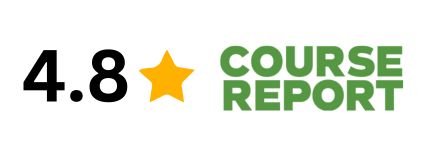
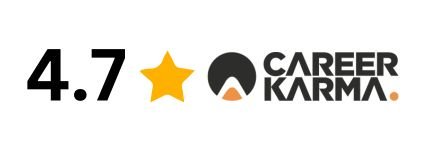
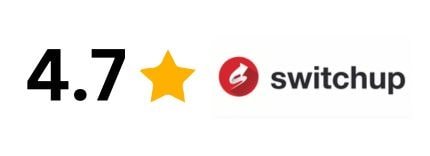
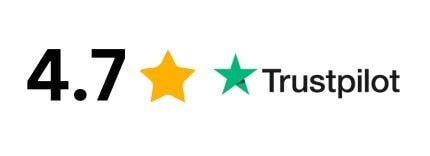

AI Powered Full Stack Web Development Course
Learn AI powered web development and futureproof your career to lead in an AI dominated tech industry.
An Ethical Hacking course is ideal for individuals interested in cybersecurity careers, specifically those pursuing roles in penetration testing, network security, and vulnerability assessments. IT professionals, including network administrators and system administrators, can enhance their skills in securing networks and systems.
Cybersecurity enthusiasts eager to understand hacking techniques and safeguard systems will benefit from practical, hands-on learning. Network security analysts will gain the knowledge to identify weaknesses and implement stronger defenses for organizations.
Software developers can improve their ability to write secure code by learning how common vulnerabilities, such as SQL injection and cross-site scripting, can be exploited. Those working in security auditing or incident response will also find ethical hacking skills valuable for identifying, preventing, and addressing potential cyber threats.
Career changers from non-technical fields, such as business or law, who have a foundational understanding of IT concepts, can transition into the cybersecurity field with the right ethical hacking training. Finally, students pursuing cybersecurity degrees or certifications can use an ethical hacking course as an essential stepping stone to build hands-on expertise and prepare for future roles in cybersecurity.
Overall, anyone passionate about defending against cyber threats and improving security can benefit from an ethical hacking course.
































Highest Salary
Average Salary
Hiring Partners


+ Unlimited Pwnbox usage
+ CPE credits submission
+ Unlimited Pwnbox usage
+ CPE credits submission
+ Unlimited Pwnbox usage
+ CPE credits submission
+ Unlimited Pwnbox usage
+ CPE credits submission
The Hacking Teacher Certification teaches educators about teaching ethical hacking and cybersecurity with the proper skills. This program offers extensive training on some of the most technology pressing issues facing the cyber security world today including penetration testing, threat analysis and secure coding. It is ideal for IT professionals and trainers to ensure that all knowledge is transferred for audiences to inspire the next generation of cybersecurity experts.

We focus on essential exploiting topics such as SQL Injection, Wireless Networks, IoT Hacking, Cloud Computing, social engineering, sniffing, and session hi jacking.










Enterprise Attack Simulation Training is an opportunity to practice simulating cyberattacks against corporate networks on a hands-on basis. Participants learn how to find vulnerabilities, to exploit weaknesses and to evaluate system defenses using advanced tools and methodologies.
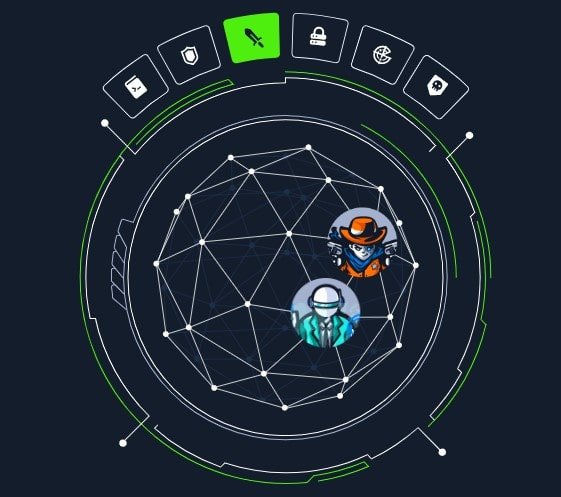
The practice is in live, not simulated virtual IT labs built according to the leading vendors certifications, including: Apart from these CompTIA, Microsoft, Cisco, VMware etc." Our labs were designed to be interactive, and targeted towards a lot of real world experience so learners can hone their practical skills. We work with subject matter experts on networking, security, cloud computing and more, and we create and deliver labs based on these core IT competencies.

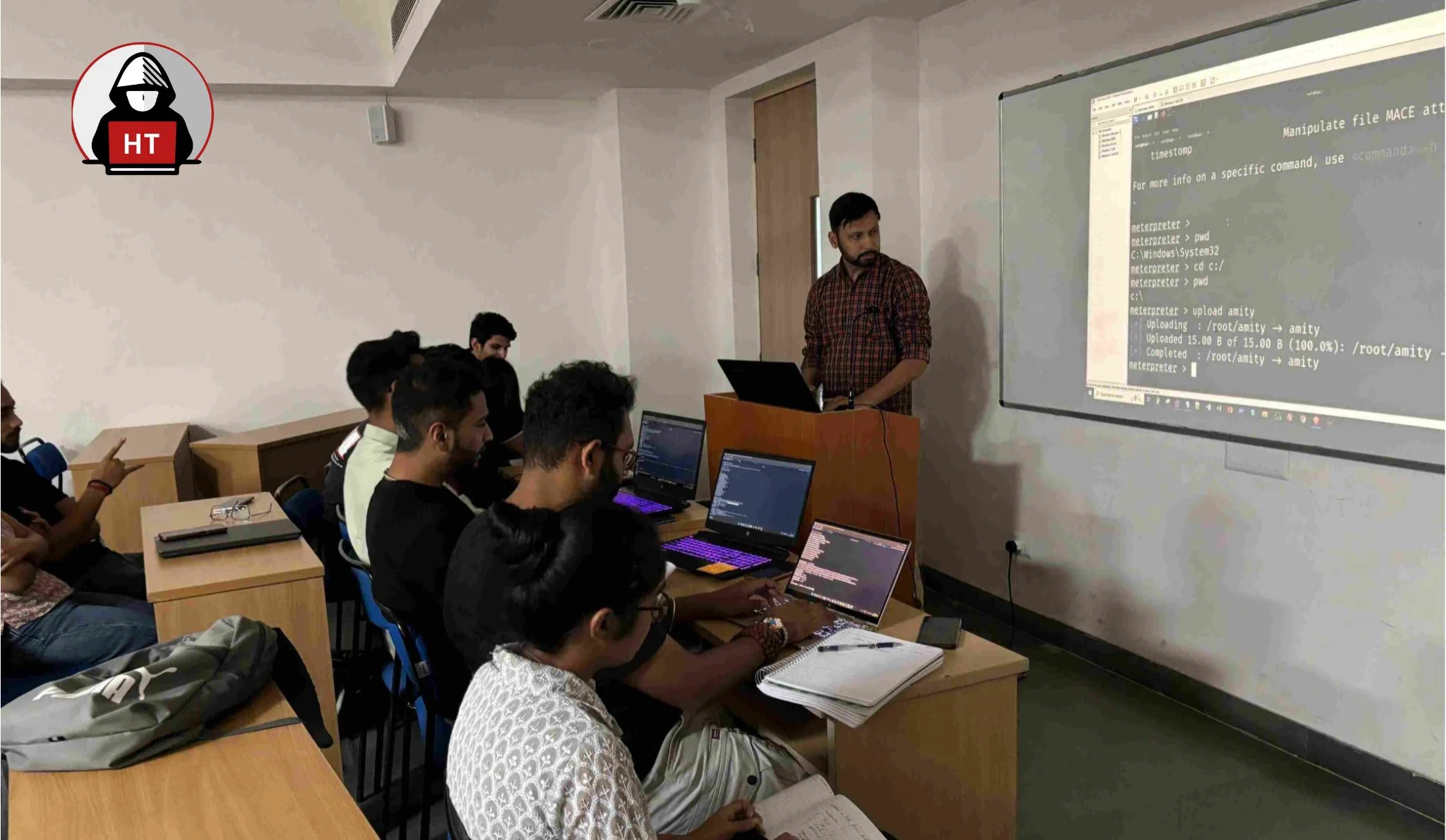
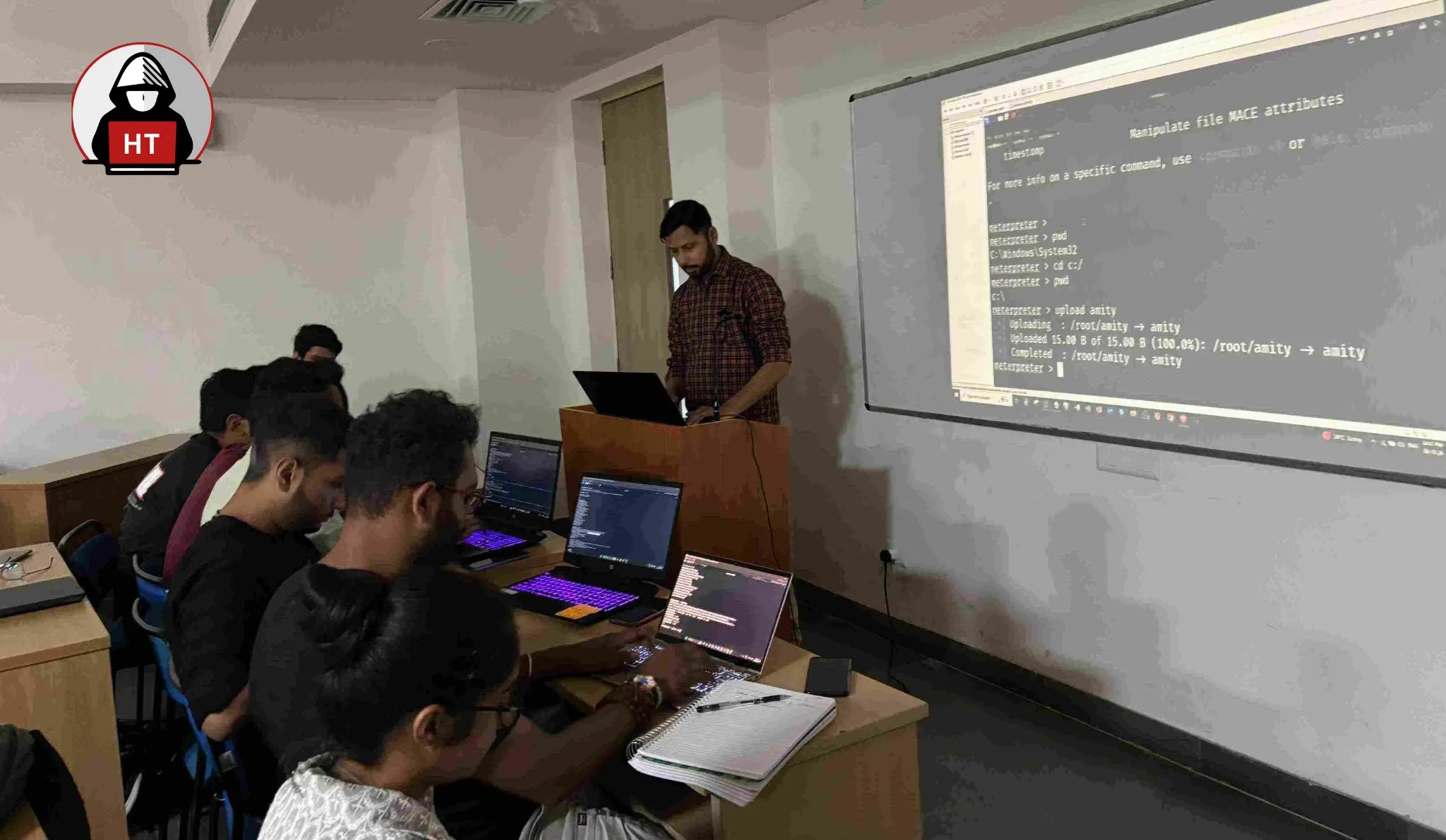
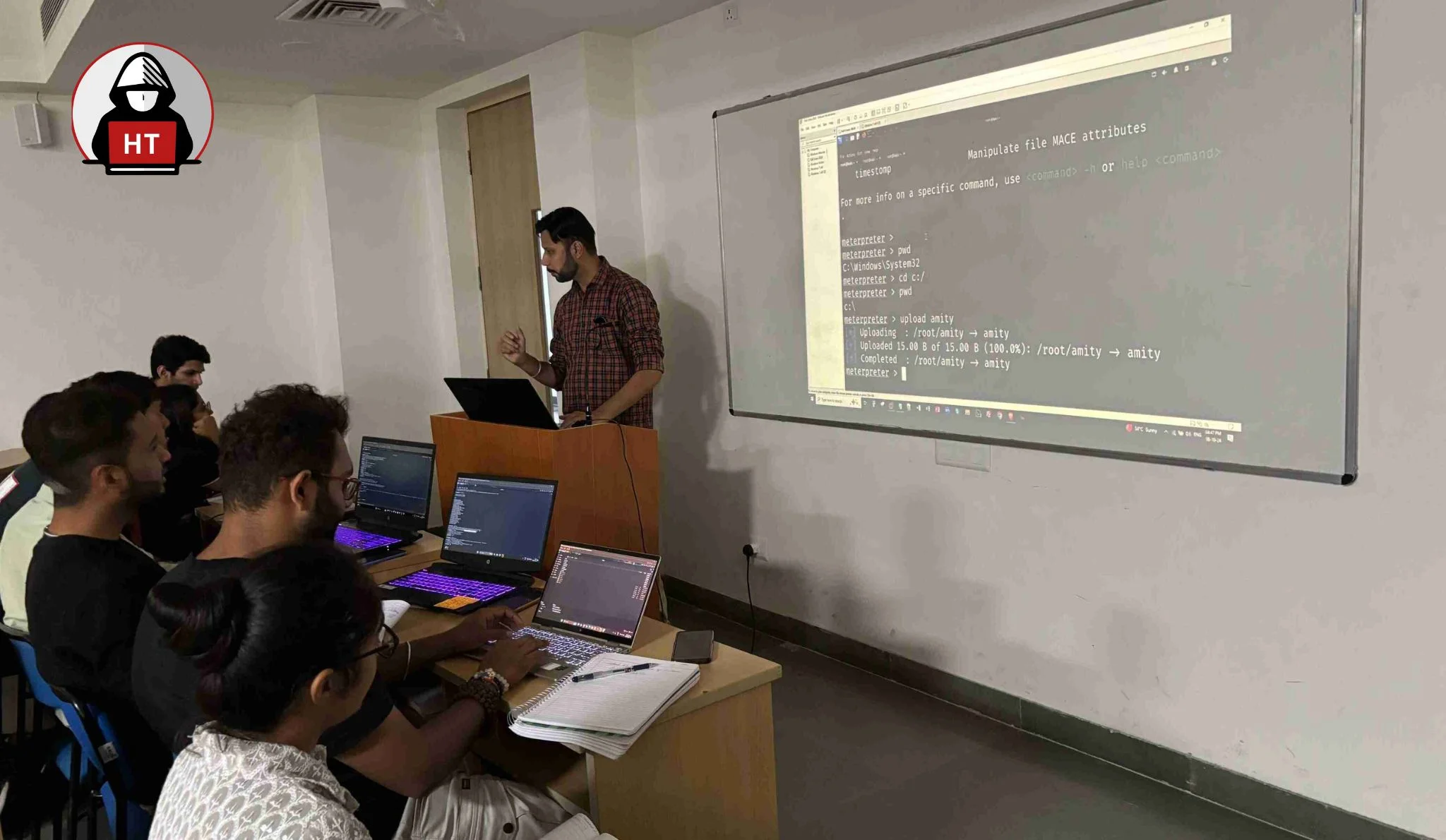
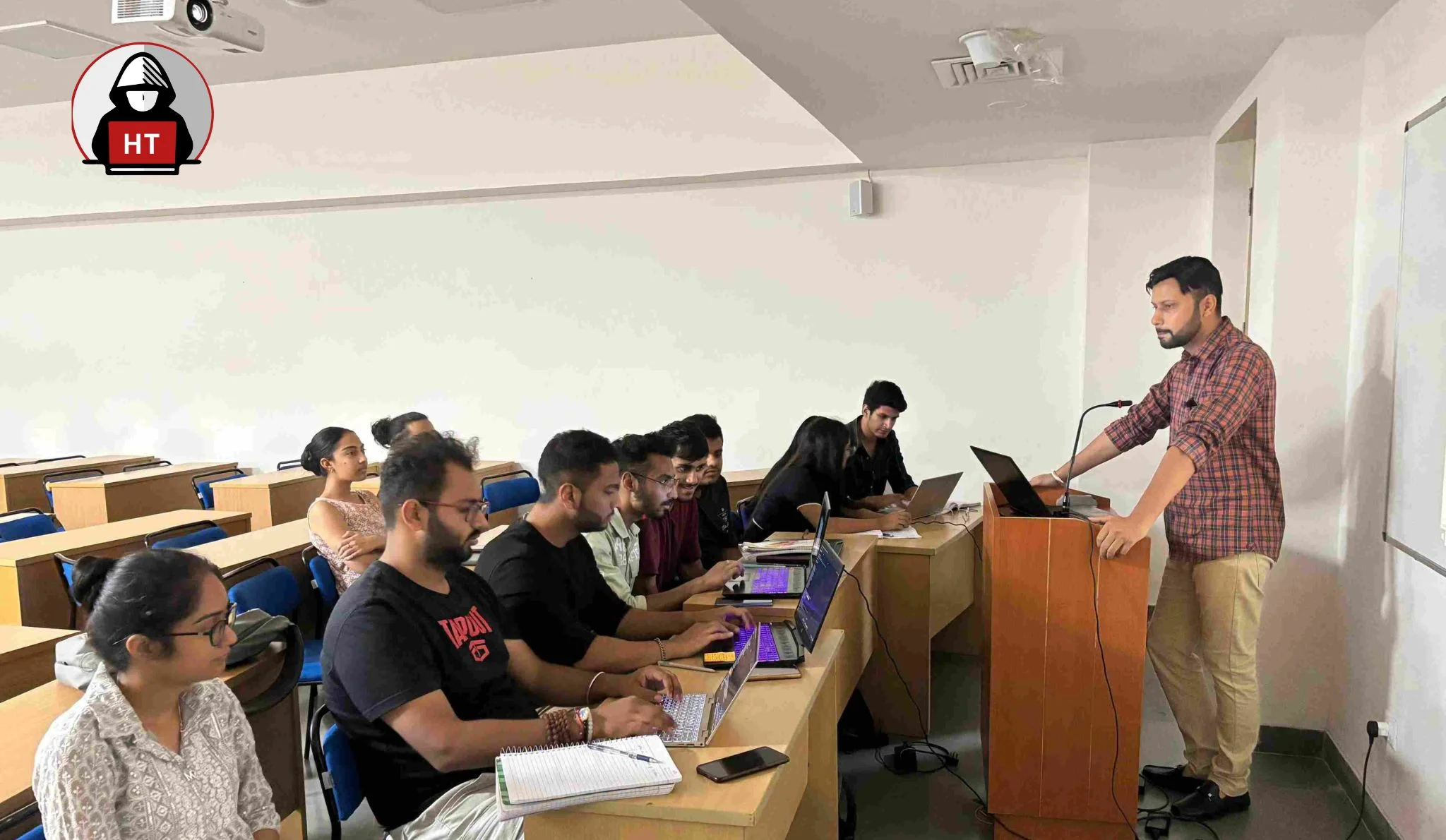
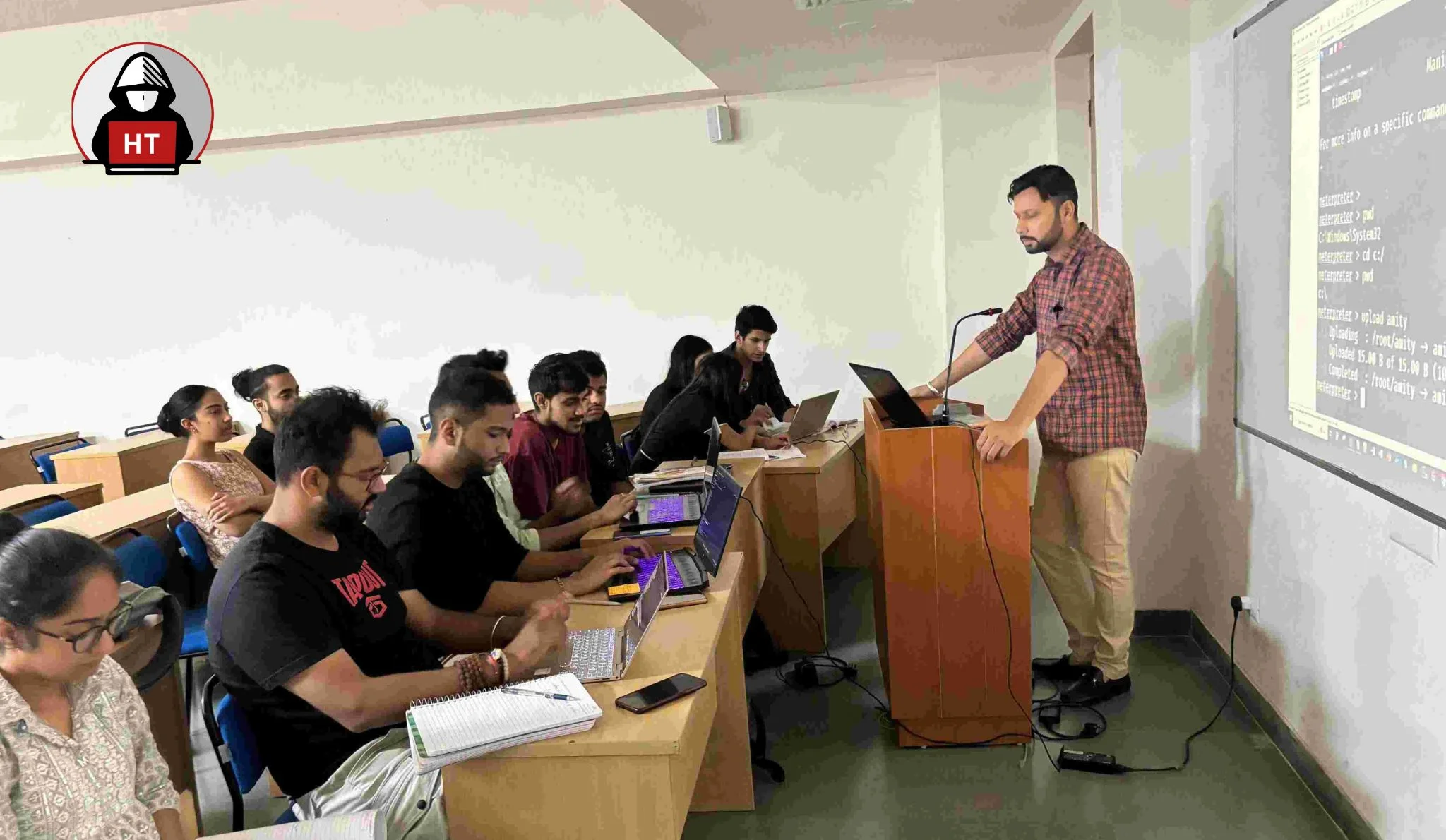
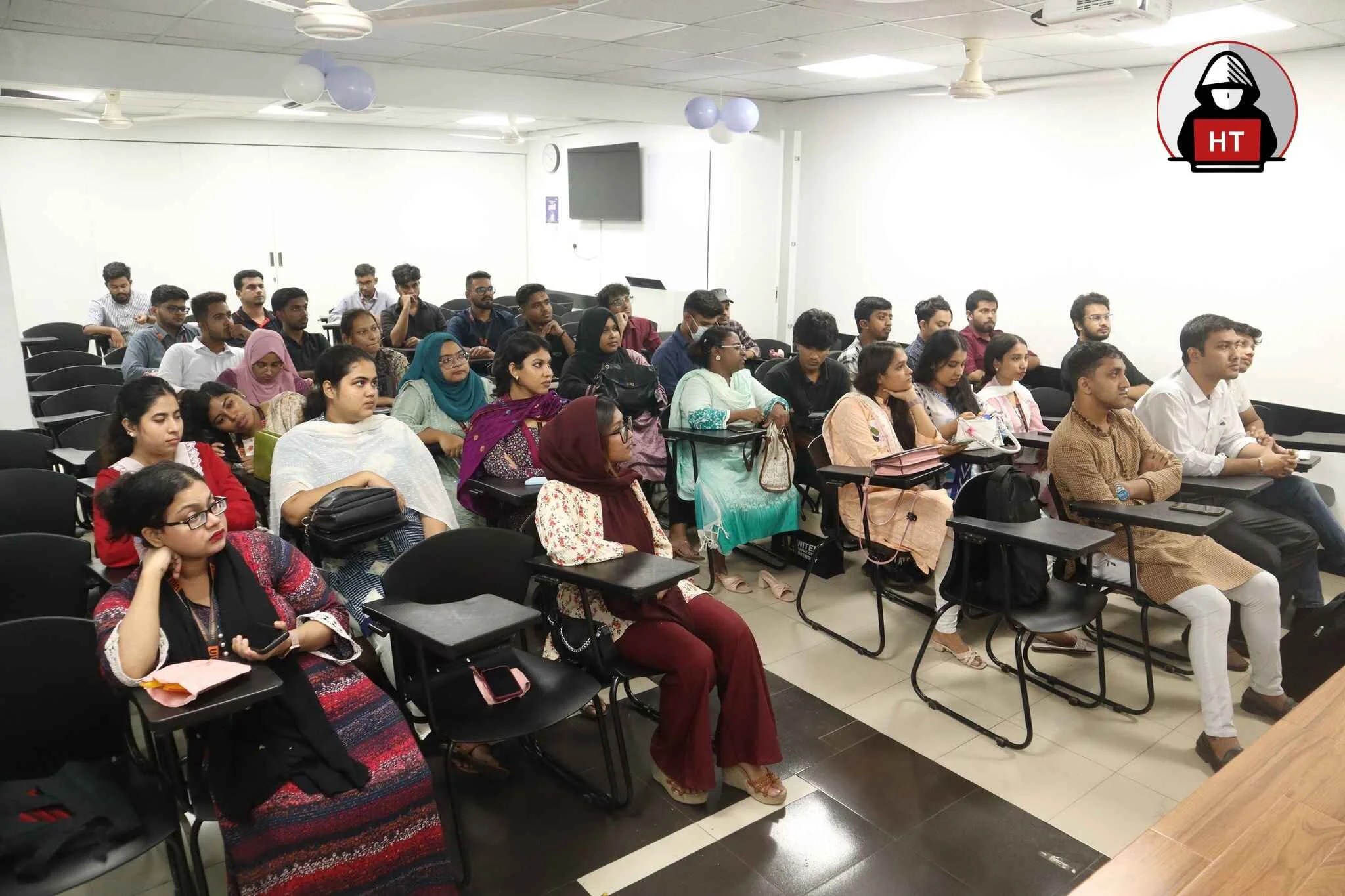
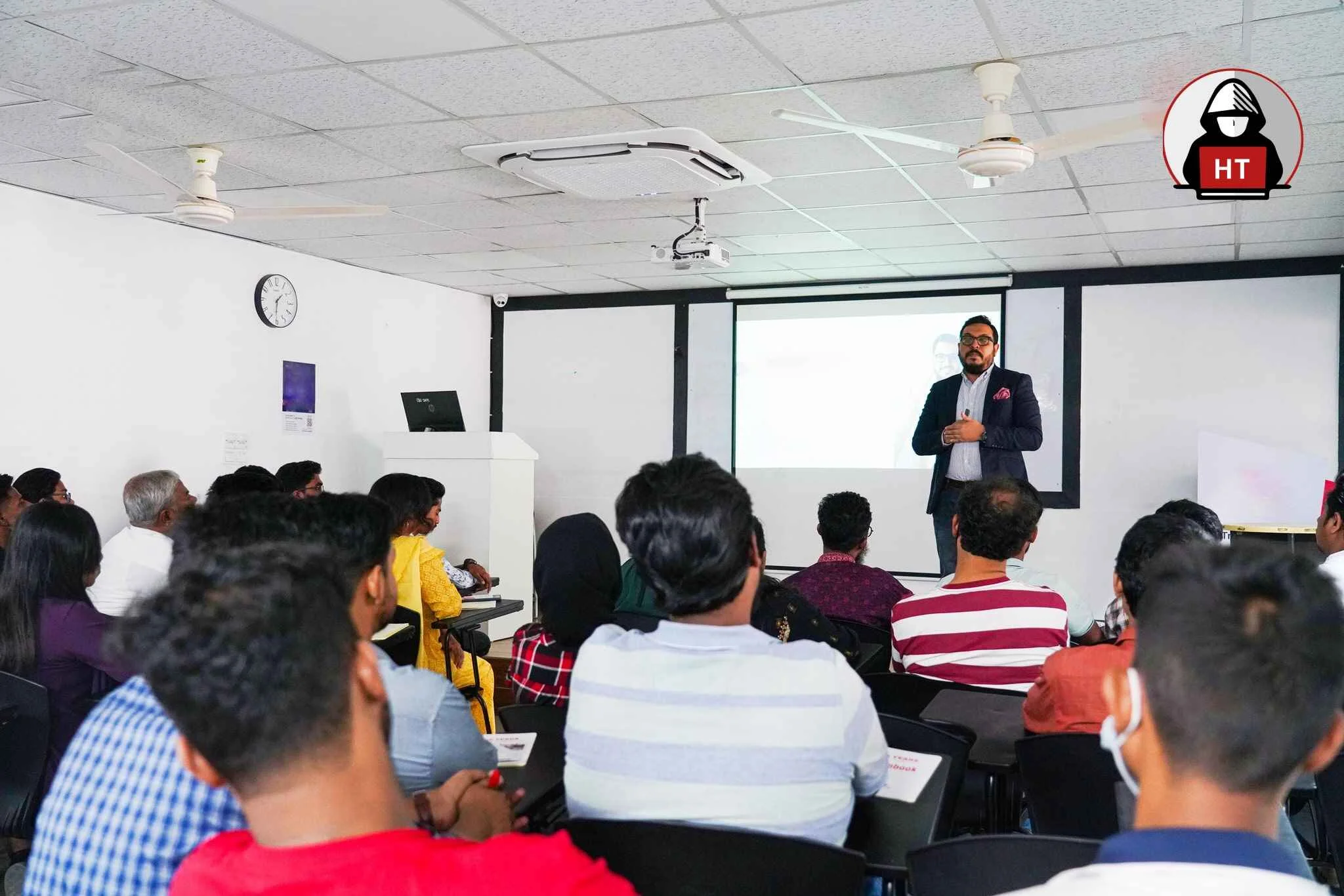
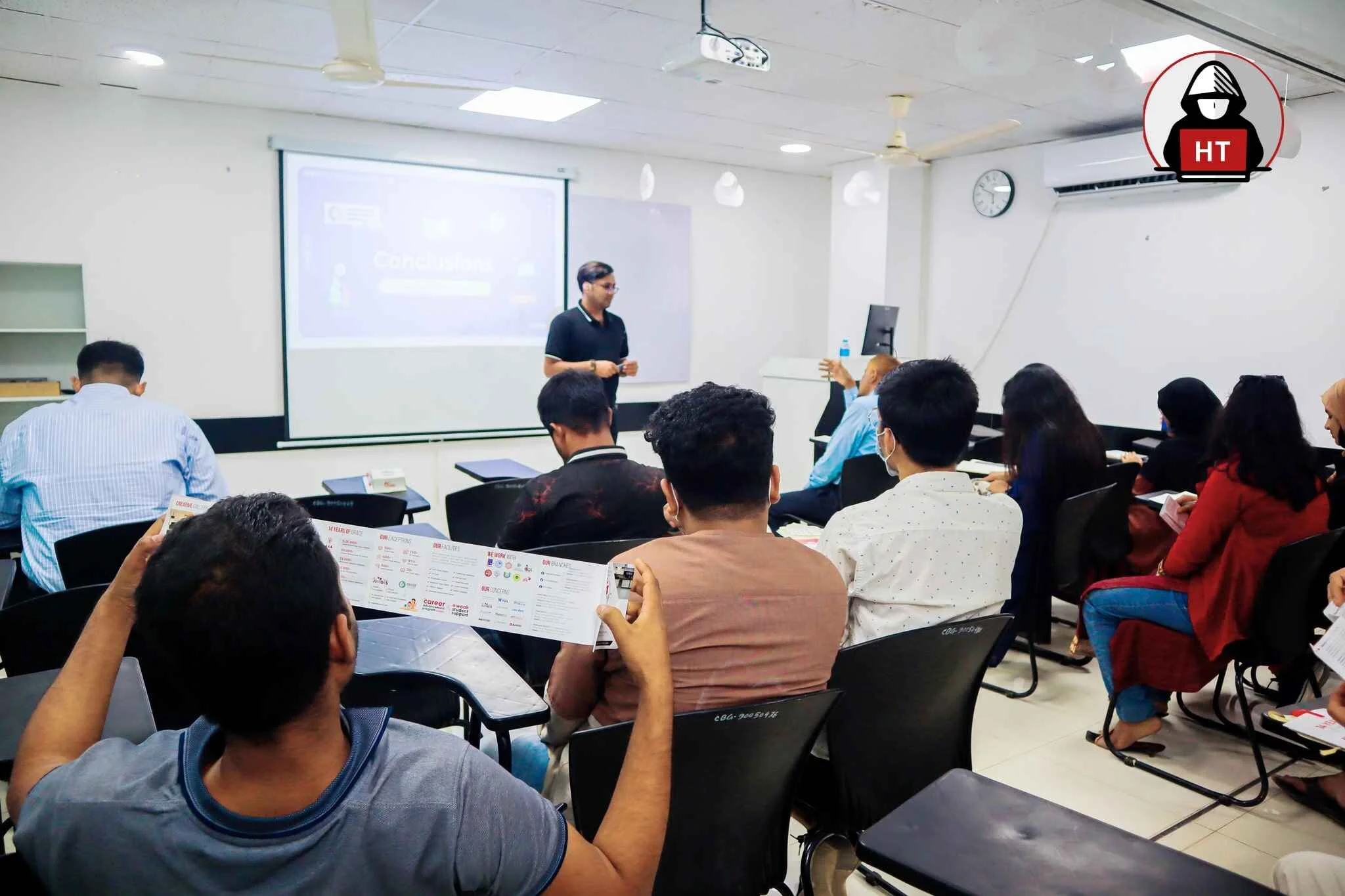


Hacking teacher Learning is here to ensure that you don’t get left behind in a world of technology that is too quickly changing. On a day to day basis, we’re recording and sharing content that can impact your bottom line.

The primary distinction between ethical hacking and malicious hacking lies in the intent behind the action. Ethical hackers are authorized by the organization they are working with to probe and identify security gaps in a legal and controlled environment. Their work is meant to strengthen security measures and prevent unauthorized access or damage.
In contrast, malicious hackers, often referred to as "black hat hackers," exploit vulnerabilities for personal gain or to cause harm. Malicious hackers operate without consent, intending to steal, alter, or destroy data, which can result in severe financial, legal, and reputational consequences for their targets.
Ethical hackers work within legal and ethical boundaries, whereas malicious hackers violate laws and ethical standards.
Hacking is the practice of accessing data stored privately by experts. When programmers make some mistakes, those mistakes make the system vulnerable and these vulnerabilities are being picked by hackers to hack the system. The hackers who don’t work on principles of ethical hacking are known as unethical hackers.
Hackers are well aware that their activities are illegal and thus criminal activity which is why they are trying to close their tracks. In other words, we can say that – an effort to attack a computer system or a private network inside a computer is known as hacking.
Ethical Hacking is legal access to information that is unauthorized for the rest of the world. This type of hacking is done to protect the system or websites from malicious hackers and viruses. The hackers who work on principles of ethical hacking are known as ethical hackers. While Hackers may be highly skilled at breaking system programs, professional ethical hackers can restore the security of a compromised system and catch the criminal with their skills and abilities.
The demand for ethical hackers has seen exponential growth due to the increasing frequency and sophistication of cyberattacks. Organizations across industries are becoming more aware of the importance of cybersecurity and are actively seeking skilled professionals who can protect their data and infrastructure.
With businesses facing threats from ransomware, phishing, and other cybercrime activities, the need for experts who can identify and fix vulnerabilities is crucial. Ethical hackers are in high demand to perform penetration testing, security audits, and vulnerability assessments.
This trend is expected to continue as the digital landscape expands and cyber threats become more complex. As a result, ethical hacking has become one of the most sought-after careers in the cybersecurity sector.
Taking an ethical hacking course online offers several advantages. One of the most significant benefits is the flexibility it provides. Students can learn at their own pace and schedule, making it easier to balance studies with work or other commitments.
Online courses often include access to a wide range of learning materials, including instructional videos, interactive modules, and community forums. Another advantage is cost-effectiveness, as online courses typically cost less than in-person training. Additionally, online learners have access to a variety of resources from top instructors and cybersecurity experts, often at a fraction of the cost of traditional classroom training.
Cyber security is one of the fastest-growing fields in computer science. In the digital world, interconnected devices (IoT), and smartphones have become information powerhouses. Did you know, according to a Cisco report, 500 billion devices are expected to be connected to the internet by 2030? Cisco's Annual Visual Networking Index report also predicts an increase in the global IP traffic from 122 exabytes to 396 exabytes a month from 2017 to 2022—that’s an increase of more than 300 percent!
As more and more systems connect to cyberspace, they become vulnerable to attacks from all corners of the world. Every organization and business needs to protect its assets and data against any such attacks.
This increased need unlocks many job prospects for computer engineers looking for jobs in a cutting-edge and fast-growing field of cybersecurity. Ethical hacking is an example of an excellent opportunity to improve the security of the network and systems, specifically by testing for such vulnerabilities.
Online ethical hacking courses offer a high level of flexibility, allowing students to study whenever and wherever they choose. This is particularly beneficial for those with busy schedules or full-time jobs. The self-paced learning model enables students to focus on challenging areas and move faster through topics they are already familiar with.
This flexibility allows for a more personalized learning experience, accommodating different learning speeds and preferences. Moreover, online courses are often more affordable than traditional classroom-based training, providing an excellent way for individuals to gain valuable skills without significant financial investment.
Many online platforms also offer lifetime access to course materials, so students can continue to learn and review content as needed.
Ethical hacking courses online teach a wide array of skills, starting with foundational concepts such as networking, operating systems, and protocols.
These foundational skills are critical to understanding how digital systems work and how they can be exploited by attackers. As the course progresses, students learn advanced penetration testing techniques, including scanning and enumeration, exploiting vulnerabilities, escalating privileges, and maintaining access.
Ethical hackers are trained in risk assessment, network sniffing, and system hardening, as well as performing security audits and generating detailed reports. Additionally, students learn about web application security, SQL injection, XSS (cross-site scripting), and wireless security. The course is designed to equip students with both theoretical knowledge and practical, hands-on skills to tackle real-world security challenges.
Certified ethical hackers have numerous career opportunities in the cybersecurity industry. One of the most common roles is a penetration tester, where professionals are hired to assess and exploit vulnerabilities in networks, systems, and applications. Penetration testers simulate real-world cyberattacks to identify security gaps that need to be addressed.
Security consultants also play a vital role by advising organizations on how to protect their assets and improve their security posture. Other potential career paths include roles like vulnerability analyst, red team operator, and cybersecurity engineer. With the increasing demand for cybersecurity professionals, ethical hacking opens the door to a wide range of well-paid and rewarding positions.

Interview wifi Hacking

Life of Hacking Teacher
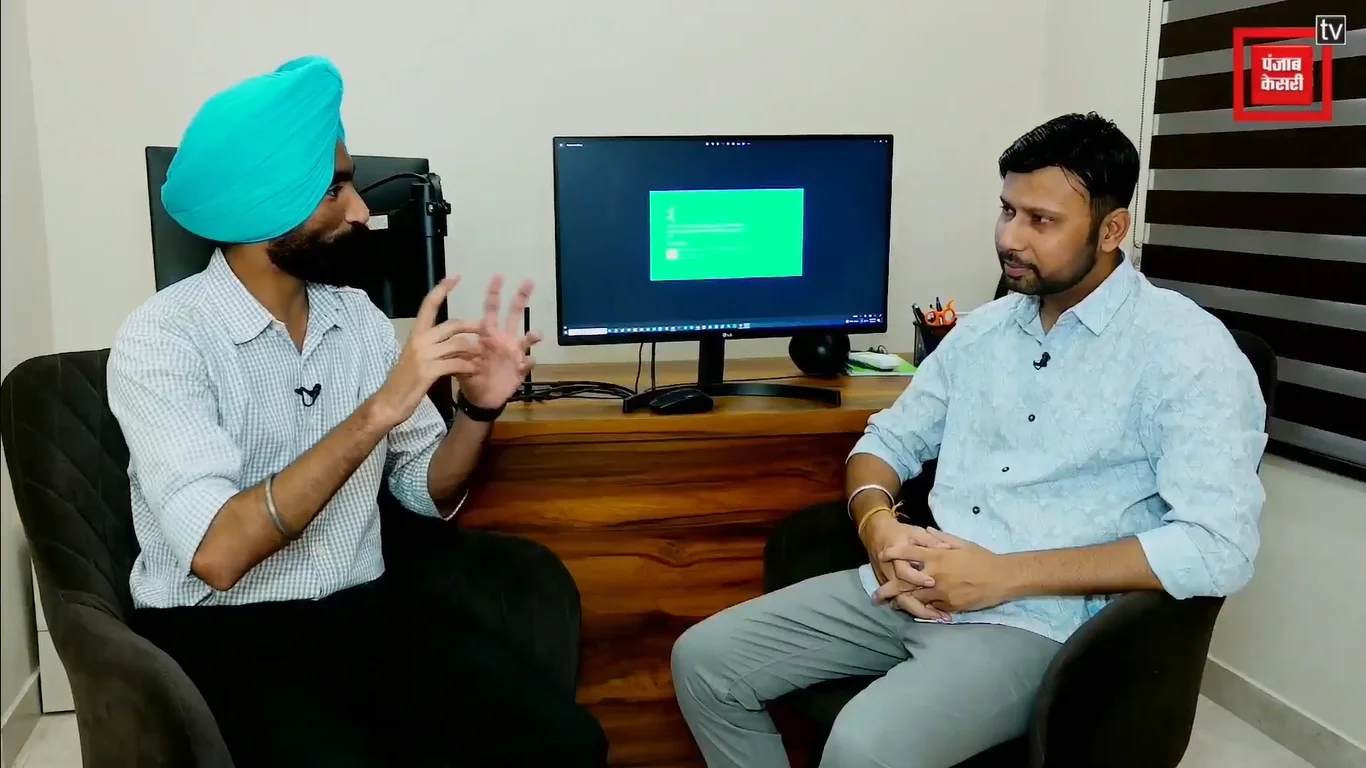
Microsoft on Vishal Sharma

Software Engineer at cogname
“Thanks to the transformative mentorship of Hacking Teachers, I’ve honed my product management skills, opening doors to an exciting role at Icloud! Immense gratitude to the team for their invaluable guidance!”

Software Engineer at Accolite
“I wholeheartedly endorse this course for aspiring Ethical Hacking. Even individuals with zero prior experience in visualization tools can emerge as masters after completing this transformative program.”

Data Analysis at Securin
“Extensive coverage and ideal for newcomers. However, I advise all individuals to acquire a fundamental understanding of networking and layers to enhance clarity in comprehending the concepts.”
FAQ
Our online courses are tailored to your specific needs, whether you are an experienced senior executive or a rookie leader.
Lorem ipsum, dolor sit amet consectetur adipisicing elit. Eum laborum qui tempora numquam!
An Ethical Hacking Course instructs you the capability of detecting as well as fixing the issues that could possibly crash the safety and security of your computer system, networks and software. This is an ethical perspective to understand hacking techniques to protect and secure systems.
An ethical hacking course can last anywhere from a few weeks, to maybe a few months. Payment schedule depends on the type of course (basic or advanced), and the learning format (full time, part time or online).
Instead of going to an Ethical Hacking Course, we need a basic understanding of computer networks, operating systems (particularly Linux) and Programming languages (Python, C etc) like this. Some of the courses will require any networking or security fundamentals.
The Ethical Hacking course worth a great amount of money is one which is theory based with its hands-on practice part, provides certification (CEH Certified Ethical Hacker) and has experienced instructors to train. It should cover different tools, techniques and real world scenarios of ethical hacking.
Yes, in case that you are a basic course and it is very intensive, then you can complete a course for 1 month. But it can take longer to master ethical hacking, all depending on how much you know about the subject beforehand and how deep the course goes into it.
Diploma in Ethical Hacking Course Best Diploma Awards the diploma for an Ethical Hacking course is generally Diploma in Cyber Security or a dedicated Ethical Hacking and Information Security Diploma. The world of online security has a lot to offer and these programs provide in-depth knowledge about ethical hacking, network security and digital forensics.
Ethical hacking training is a great career, and some of the roles you can get involved in during your stint in ethical hacking are Ethical Hacker, Penetration Tester, Security Analyst, Security Consultant, Information Security Officer etc. These roles require identifying security weaknesses, defending/protecting systems against those cyber attacks and ensuring data integrity.
Yes, all you need is enough online tutorials, courses, books and practice in virtual labs. However, formal training and certifications equip one with structured learning and make you attractive for a career.
CEH (Certified Ethical Hacker) By EC-Council is the best Ethical Hacking certification for beginners. Foundational knowledge and practical skills on ethical hacking is provided. CompTIA Security+ and Certified Network Defender (CND) are two other beginner friendly options.
To do Ethical Hacking training, you would need a computer with some good internet access and a few virtual machines to practice, and some networking knowledge and some programming skill (in any case, Python or Bash would be good) and some foundational security concepts.
Generally, networking, operating systems – especially Linux – and knowledge of programming are necessary to qualify for an Ethical Hacking course. Other courses may demand prior experience (IT or cybersecurity), or they are designed for beginners.
For individuals interested in becoming a cyber security expert, an Ethical Hacking course is the best shot as you get to be a part of great learning with lots of exciting outcomes of fighting cyber-attacks from hackers. Whether or not it is the 'best' depends on what you want out of your career in cybersecurity.
An Ethical Hacking course is not going to be simple and it would blow your mind if you’re a beginner. To build this project, one must have a basic knowledge of network security, penetration testing and system vulnerabilities. But the issue can be handled, providing it is dedicated and practiced properly.
There are Ethical Hacking courses available online like Coursera, Udemy, edX and institutions like EC-Council (Certified Ethical Hacker), CompTIA.
Who our Ethical Hacking course is best suited for depends on their experience level and career goals. For beginners, CEH (Certified Ethical Hacker) and CompTIA Security + courses are the best way to go in. For advanced learners looking to take penetration testing and some advanced tools courses, OSCP (Offensive Security Certified Professional) and CISSP (Certified Information Systems Security Professional) will fit the bill.